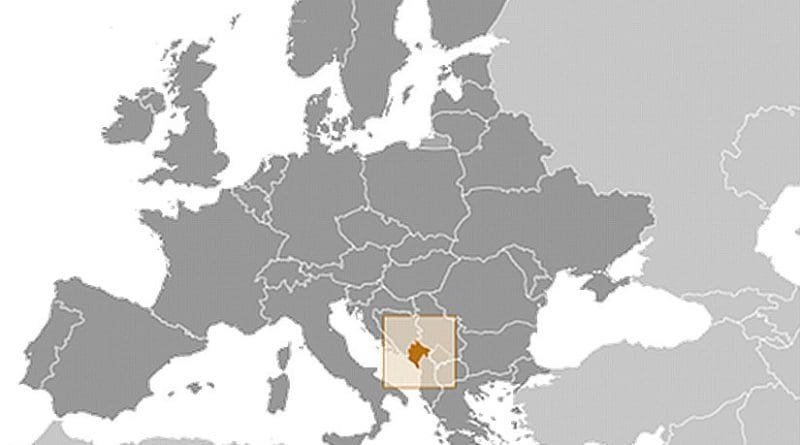Pro-Yugoslav Montenegrins Oppose German War Cemetery
By Dusica Tomovic
A group of Yugo-nostalgic activists said it will launch a legal challenge to senior officials over the construction of a cemetery for German soldiers killed in World War II in Montenegro.
An NGO calling itself the Consulate of the Socialist Federative Republic of Yugoslavia said on Thursday that it will file criminal complaints against government officials, including the defence minister, in a bid to stop the construction of a cemetery and memorial for German soldiers killed in Montenegro during WWII.
Construction of the cemetery is entering its final phase at military air base near the capital Podgorica and the group urged the state authorities to halt the burial of the remains of the German troops.
The NGO says the plan humiliates Montenegro and belittles its anti-fascist traditions. Nazi Germany occupied Yugoslavia from 1941 to 1945.
In 2011, Berlin and Podgorica signed an agreement on burying the remains of the German troops killed in Montenegro during World War II.
A site containing more than 400 bodies was excavated in Podgorica in 2007. Since the discovery of the bodies by construction workers, the remains have been kept at a Catholic community house near the capital.
The head of the so-called SFRJ Consulate, Marko Perkovic, told local newspaper Vijesti that charges will be filed against all signatories of the 2011 agreement – then-Prime Minister Igor Luksic and Foreign Minister Milan Rocen and current Defence Minister Milica Pejanovic Djurisic.
Perkovic claimed that the agreement was unconstitutional and illegal and that he had informed the Supreme State Prosecutor’s Office.
“The agreement between the two governments has not yet passed the procedure of ratification in parliament,” Perkovic said.
“There is reasonable suspicion that it violated several laws, and that criminal offenses including ‘damaging the reputation of Montenegro’ ‘endangering [the country’s] independence’ were committed,” he added.
Around 2,000 German soldiers believed to have been killed in Montenegro during the war are still officially considered missing.
The so-called SFRJ Consulate is a non-government organisation based in the coastal town of Tivat, where it has opened a museum of the former Yugoslavia.
Visitors can see memorabilia from the former regime and some of the uniforms and vehicles owned by Yugoslavia’s long-time leader, Josip Broz Tito.
It has also issued commemorative former Yugoslav ‘passports’. Nearly 5,000 people have requested them so far.

